On May 8, 1945, World War II came to an end in Europe. As people heard the news of Germany’s surrender, crowds came out to the streets in celebration, holding newspapers that announced Victory in Europe (V-E Day).
Also on this day in 1886, the first glass of Coca-Cola was served at a pharmacy in Atlanta, Georgia, in the US. At the time, the drink had cocaine in it. It became completely free of cocaine in 1929.
Curious about what happened in history? Firstpost Explainers’ History Today gets you all of it and much more.
World War II comes to an end
On this day in 1945, Great Britain, the United States, and other Allied nations celebrated Victory in Europe Day, as World War II in Europe came to a close.
Cities across the US, UK, and Western Europe, along with those in the Soviet Union, Canada, and Australia, were filled with flags and banners as people celebrated the defeat of Nazi Germany.
German forces across Europe had finally given up their fight on this day. In Prague, they surrendered to Soviet troops; the same happened in cities like Copenhagen and Oslo, at Karlshorst near Berlin, in northern Latvia, and on the Channel Island of Sark.
Further surrender papers were signed in Berlin and eastern Germany.
Notably, news of the end of the war reached the public by radio late on May 7 in Britain. Many began celebrating straight away, even before the official announcement the next day.
World War II followed just two decades after World War I, with many issues from the first war left unsettled. The second conflict turned out to be the largest and deadliest in history, with an estimated 40 million to 50 million lives lost.
In the United States, celebrations were mixed with sadness over the recent death of President Roosevelt, who had led the country through most of the war. His successor, Harry S Truman, paid tribute to him and ordered flags to remain at half-mast as the nation continued its 30-day mourning period.
Even so, large crowds gathered in celebration. In New York, around 15,000 police officers were brought in to manage the people who had packed Times Square.
But how did the war begin?
By early 1939, German leader Adolf Hitler was set on invading Poland. However, Poland had military agreements in place with Britain and France, who had promised support if Germany attacked.
Despite this, Hitler planned to go ahead with the invasion. But first, he wanted to make sure the Soviet Union would not try to stop him from attacking its neighbour. Hitler then entered secret talks that led to the German-Soviet Nonaggression Pact.
The deal included a hidden agreement to divide Poland - Germany would take the west, and the Soviets would take the east.
Confident there would be no resistance from either the Soviets or the British, Hitler ordered the invasion of Poland to begin on August 26. However, a new defence pact between Britain and Poland, signed on August 25, caused him to delay.
At 12:40 pm on August 31, 1939, Hitler gave the final order. German troops crossed into Poland at 4:45 am the next morning.
Britain and France responded by declaring war on Germany on September 3 - Britain at 11:00 am and France at 5:00 pm. World War II had officially begun.
What happened after the end of World War II?
Fighting between German and Soviet forces continued in some areas on May 9. In Silesia, the Soviets lost 600 more soldiers before the final surrender.
As a result, Victory Day was celebrated in Moscow on May 9. Soviet leader Stalin gave a radio speech saying, “The age-long struggle of the Slav nations… has ended in victory. Your courage has defeated the Nazis. The war is over.”
For Allied troops still serving far from home, V-E Day was a mix of joy and sadness. Although the war in Europe had ended, the fight continued in Asia and the Pacific. Thousands were still in battle, and many others remained prisoners in harsh conditions.
At the close of the Second World War, Germany was split into four zones, each controlled by one of the Allied powers - the United States, Britain, France and the Soviet Union.
Berlin, though deep inside the Soviet-controlled area, was also divided among the four countries.
The parts controlled by the Americans, British and French became West Berlin, while the Soviet part became East Berlin.
This arrangement, including how Germany would be occupied and governed, was agreed upon by Allied leaders during the Potsdam Conference, which took place from 17 July to 2 August 1945.
The last stages of the war in the Pacific brought heavy losses on both sides. But in the end, the Allies won.
Japan agreed to surrender on August 14, and the formal surrender was signed on September 2.
First-ever Coca-Cola is served
On this day in 1886, pharmacist Dr John Stith Pemberton made the first batch of Coca-Cola syrup and took it to Jacobs’ Pharmacy in Georgia, US.
There, it was tasted, described as “excellent,” and sold at the soda fountain for five cents a glass.
At the time, the drink contained extract from coca leaves. Cocaine was removed entirely from the formula in 1929.
Soon after launching the drink, a local prohibition law was passed, prompting Pemberton to create a version without alcohol. This led to the drink that was first served on this day in May.
The Pemberton Chemical Company, which later became Coca-Cola, was set up to promote and sell the drink. In the beginning, Coca-Cola was sold only as syrup and mixed at the point of sale. Bottling came later.
After Pemberton’s death, Asa G Candler took over the company and led it until 1916. Under him, Coca-Cola began to be bottled, the cocaine was removed, and caffeine began to be supplied by Monsanto.
In later years, Coca-Cola introduced canned drinks in 1955 and went on to acquire other brands like Dasani, Sprite, and Fanta.
This Day, That Year
1541: Spanish explorer Hernando de Soto became the first European on record to reach the Mississippi River.
1902: Mount Pelee erupted on the Caribbean island of Martinique, wiping out the port of Saint-Pierre and killing about 30,000 people - around 15 per cent of the island’s population.
1980: After years of global vaccination efforts, Who officially declared that smallpox had been wiped out.


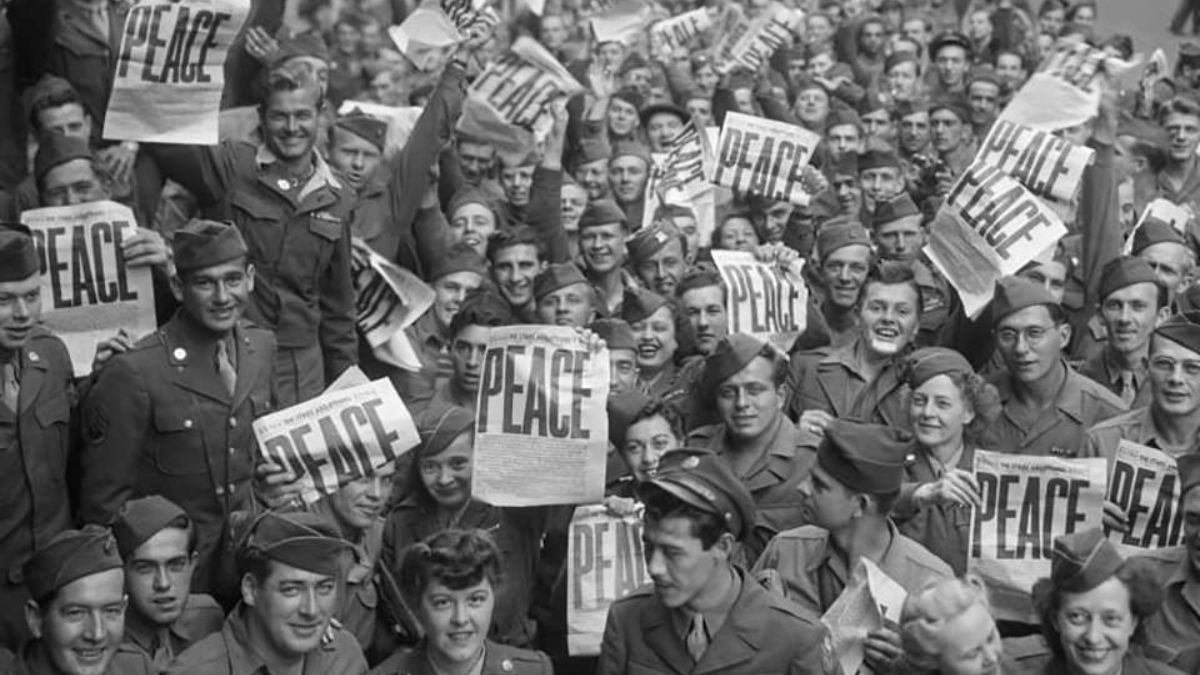)
)
)
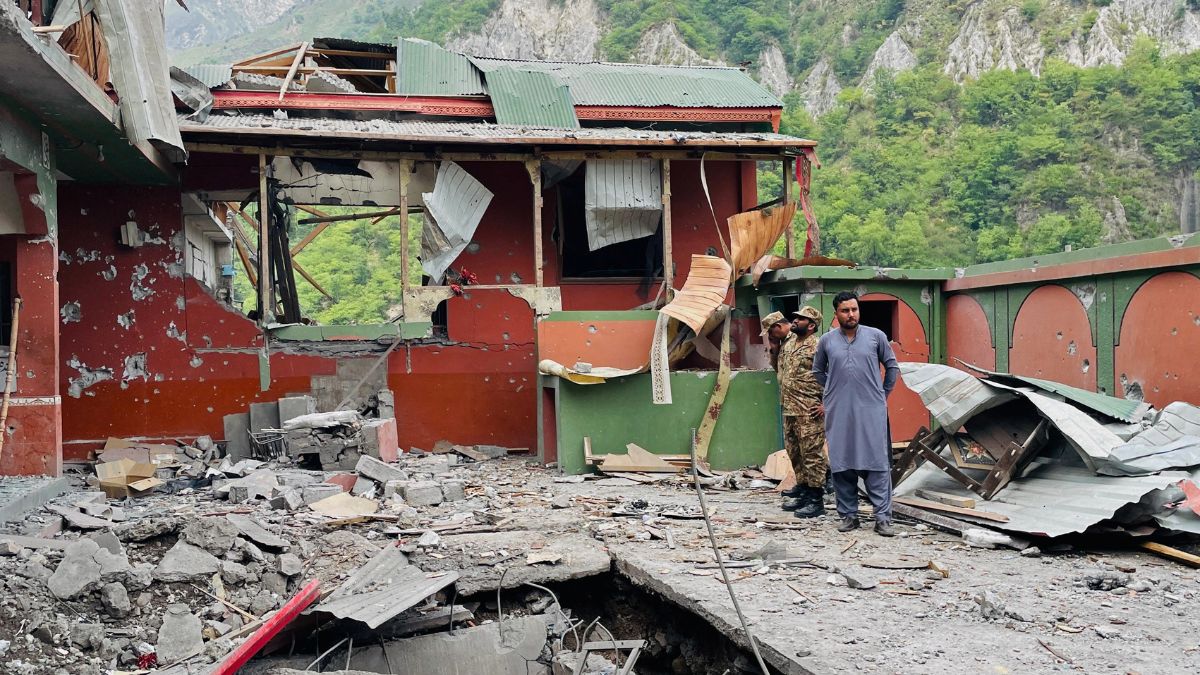)
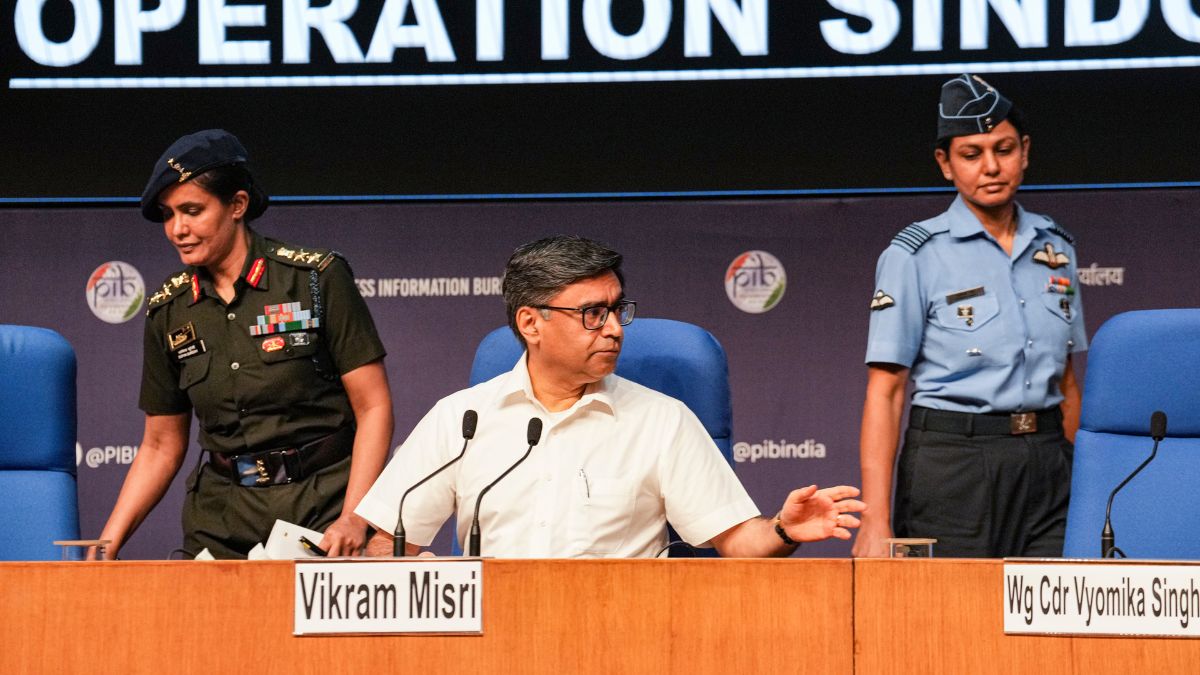)
)
)
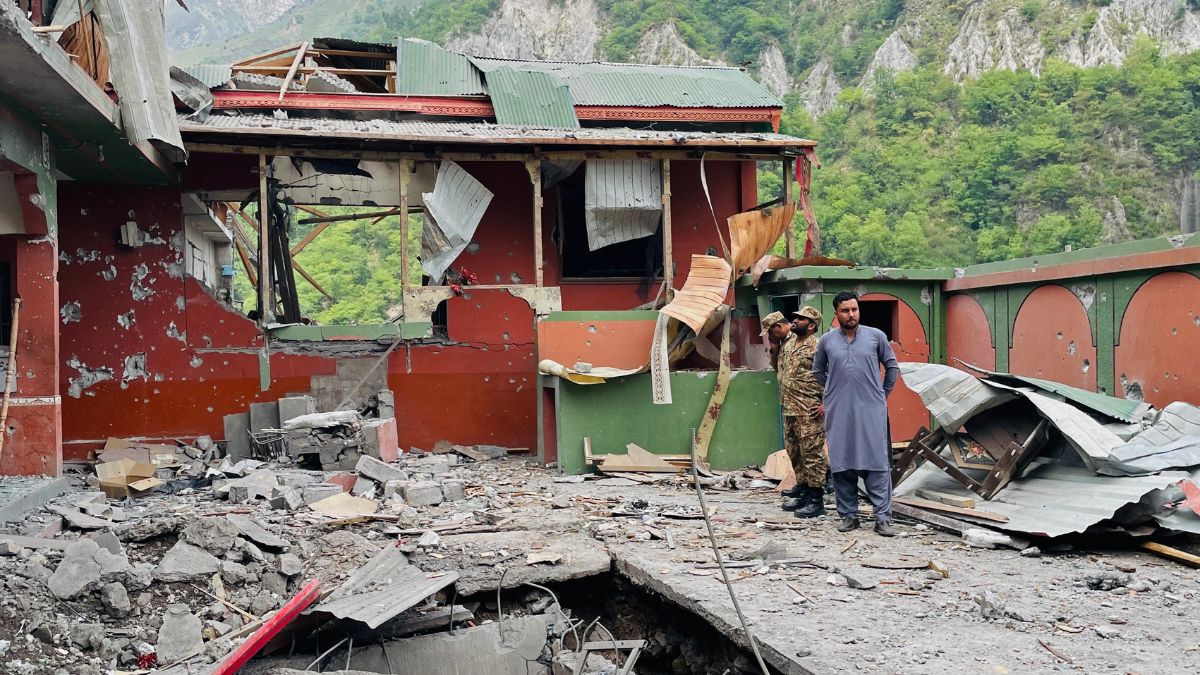)
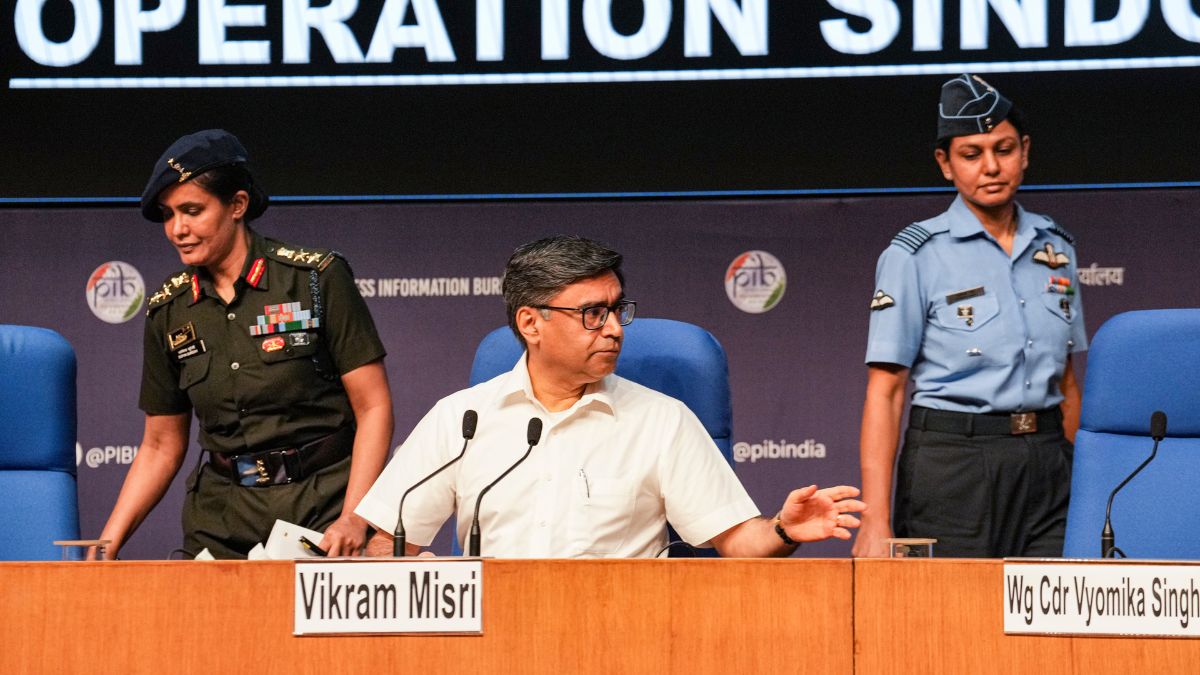)